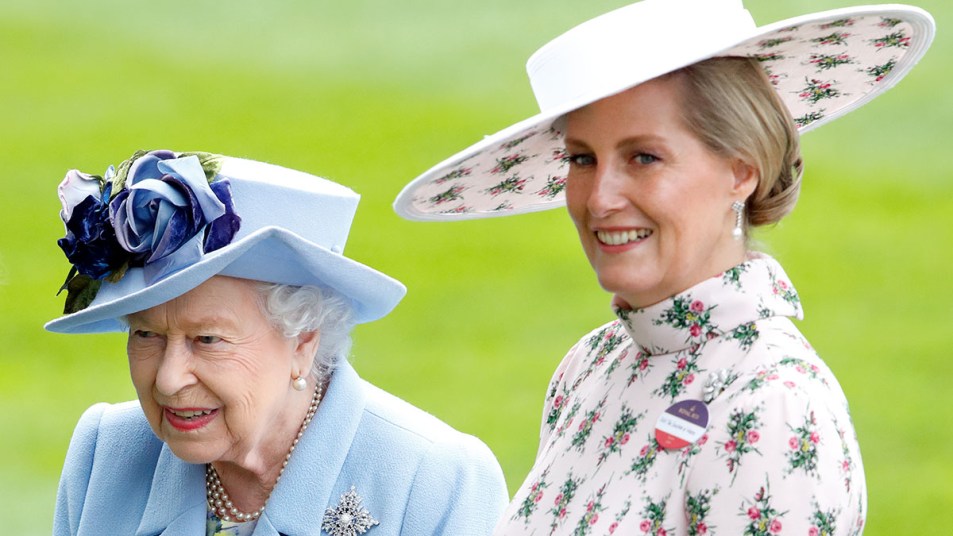How Queen Elizabeth’s Daughter-in-Law Is Fighting a ‘Tragic’ Symptom of Menopause

Menopause is a natural biological process all women go through, but it still carries a heavy stigma. Women might fear reaching the milestone due to the side effects and worry about how it’ll impact their lives and work. Queen Elizabeth’s daughter-in-law wants to change that.
Sophie, Countess of Wessex, who is married to the Queen’s youngest son Prince Edward, is part of a campaign in the U.K. to bring awareness to a little-known issue of menopause. The royal mom of two supports the Menopause Workplace Pledge, a campaign to empower women in the workforce.
The campaign started due to the estimated 900,000 women in the U.K. who have quit their jobs after going through the menopause. According to Wellbeing of Women, the organization behind the campaign, some women struggle with experiencing symptoms at work while others lose confidence in their abilities. It leads to them quitting their jobs, and, Sophie, who turns 57 in January, spoke openly about wanting to change that by talking about her own journey.
“Women having to leave the workplace because of the menopause is tragic,” said Sophie at a recent panel. “We are fabulous in our 40s, and we are even more fabulous in our 50s, 60s and 70s, and we need to celebrate that and keep opportunities going for women.”
“We cannot let anyone leave the workplace, feeling that they have got to slope off into the shadows. We have to be able to change that,” she said.
Sophie and the campaign call for companies to support their staff when experiencing hormonal changes that come with menopause. So far, companies in the U.K. like PwC and HarperCollins have joined in.
When does menopause start?
Menopause typically starts for women in their 40s or 50s, but the Mayo Clinic reports the average age for an American woman is 51. It’s officially diagnosed when you’ve gone more than 12 months without a period. Most women will experience symptoms before a diagnosis, and most will start around the same time as their mothers or family members.
Sophie doesn’t think women should hide when they reach this important stage in their lives. Opening up about this process will help end the stigma instead.
“Really we should be celebrating the fact that we don’t have to have periods anymore — it should be a liberation, but it feels like a shackle,” the countess said. “It’s described as something incredibly negative.”
If you find yourself experiencing menopause symptoms, think of Sophie’s advice and don’t let it keep you from living your most fulfilling life.












